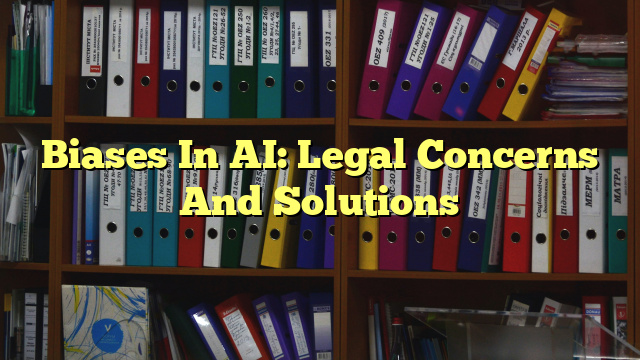Table of Contents
Solutions of Artificial Intelligence Biases
Artificial Intelligence (AI) has the potential to revolutionize various industries, but it also comes with inherent biases that can lead to unintended consequences. These biases can be a result of biased training data, algorithmic design, or even human biases embedded in the AI systems. However, there are several solutions that can help mitigate these biases:
- Improving Data Quality: One of the main causes of bias in AI is biased training data. By ensuring that the training data is diverse, representative, and free from bias, we can reduce the chances of biased outcomes.
- Algorithmic Transparency: AI systems should be designed to be transparent, allowing users to understand how decisions are being made. This can help identify and address any biases present in the algorithms.
- Regular Auditing and Testing: Continuous monitoring and auditing of AI systems can help identify and rectify biases. Testing the AI systems with different scenarios and inputs can also help uncover any potential biases.
- Diverse Development Teams: Having diverse teams involved in the development of AI systems can help bring different perspectives and reduce the chances of biases going unnoticed.
Legal Risks of Artificial Intelligence
While AI has the potential to bring numerous benefits, it also poses several legal risks. Some of the key legal concerns associated with AI biases include:
- Discrimination: Biased AI systems can result in discriminatory outcomes, which can lead to legal challenges. If AI systems are found to discriminate against protected classes, it can result in lawsuits and damage to the reputation of the organizations using these systems.
- Privacy and Data Protection: AI systems often rely on large amounts of data, which raises concerns about privacy and data protection. Organizations must ensure that they are complying with relevant data protection laws and regulations when collecting and using data for AI purposes.
- Liability: Determining liability for AI biases can be challenging. If an AI system makes a biased decision that causes harm, it can be difficult to attribute responsibility. Clear guidelines and regulations are needed to address liability issues in the context of AI.
The Ethical Issue of Bias in AI
Bias in AI raises significant ethical concerns. Some of the key ethical issues include:
- Fairness and Justice: AI systems that perpetuate biases can lead to unfair and unjust outcomes. It is essential to ensure that AI systems are designed and deployed in a way that promotes fairness and justice for all individuals.
- Transparency and Accountability: Users should have visibility into how AI systems make decisions. Lack of transparency can lead to distrust and hinder accountability. It is crucial to make AI systems transparent and accountable to address ethical concerns.
- Unintended Consequences: Biased AI systems can have unintended consequences, perpetuating stereotypes and reinforcing societal biases. It is important to consider the potential impact of AI systems on society and take steps to mitigate any negative effects.


The use of AI created huge legal concerns due to the potential of biases. Solutions to this problem need to be found to ensure fairness in AI.